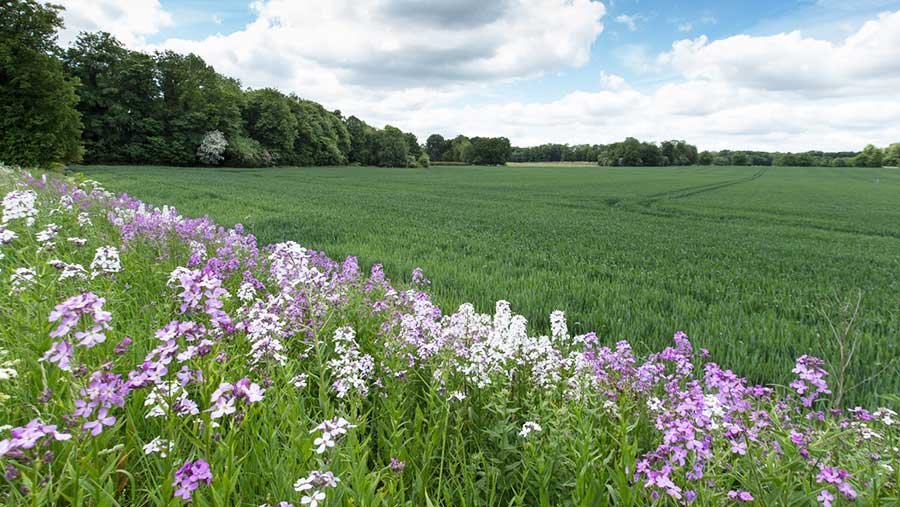Green groups demand farm subsidies are tied to environment
 © Tim Scrivener
© Tim Scrivener Farm subsidies in a post-Brexit era must be linked closely to environmental works, a group of more than 80 non-governmental organisations has urged.
In a letter sent to new prime minister Theresa May, the group insists that payment of farming subsidies with strong environmental protections “must be the bedrock principal” of any EU subsidy agreement for the UK.
The signatories said better food, farming and trade policies could help cut greenhouse gas emissions within those industries by 80% by 2050.
See also: Industry lays out hopes for farming to Theresa May
The group includes, Greenpeace, Friends of the Earth, the Soil Association, the Wildlife Trusts, the Food Ethics Council, the Sustainable Food Trust, GM Freeze and the Landworkers’ Alliance.
According to the signatories, the UK should also prioritise ethical and sustainable production methods, improve animal welfare and create more farmland and marine wildlife.
Bees and pollinators
They also argue the need for a healthy future for bees and other pollinators, as well as enhancing the beauty of the countryside and protecting the environment – in particular fresh water and soils – while also providing a safe and traceable food supply.
“Public money should be spent on public goods,” said the Wildlife Trusts’ director for England Stephen Trotter.
“We have the chance now to increase the wildlife in our farmed landscapes, prevent flooding, stop pollution of our water supplies and reduce climate change.
“We will be looking to make sure the proposals for what comes after the CAP mean wildlife and the environment don’t lose out.”
Trade deals
The letter states that public spending on subsidies, research or other support must be directly linked to public goods. New trade deals “must build on progress achieved over many decades and not be agreed at any cost”.
Other recommendations include: more local and sustainable food in public sector food buying, better food labeling and marketing controls, tackling food waste, support for organic production methods and new approaches to reducing farm antibiotics use.
In addition, the role of migrant and seasonal labour in food production “needs to be tackled head on”.
